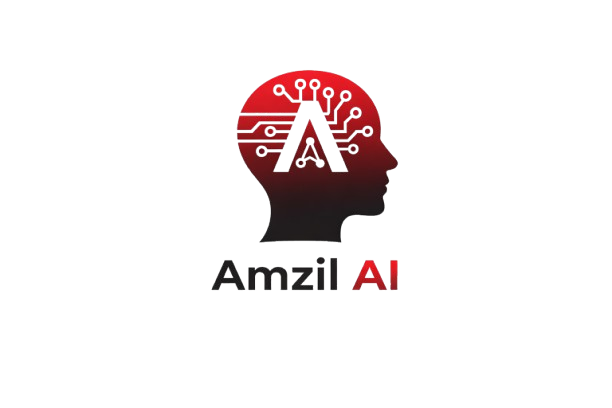AI Agents & the MCP Framework: Automating Marketing Workflows
In 2025, over half of companies plan to deploy collaborative AI agents – it’s being called “the year of agentic AI”. This trend has given rise to frameworks like MCP (Message-based Communication Protocol), where specialized marketing AI agents work together (via standardized messages) to automate workflows from strategy through execution.
Core AI Agents and Their Roles
- Strategy Agent: Sets the marketing plan and goals. This high-level agent analyzes objectives and audience data to choose campaigns and allocate resources, continuously refining the strategy.
- Content Agent: Produces content assets (blog posts, social media copy, emails). It drafts copy based on prompts or briefs – essentially acting as an AI copywriter to generate marketing content quickly.
- Prospecting Agent: Handles lead research and outreach. It finds potential customers (e.g. via databases or LinkedIn), qualifies them, and initiates personalized outreach – serving as an automated sales development rep to build the pipeline.
- Analytics Agent: Monitors campaign metrics and performance across channels. It generates reports, finds trends (click-through rates, conversions, ROI), and provides data insights to inform strategic tweaks.
- Orchestration Agent: Coordinates the above agents and the overall workflow. It triggers the right agent at the right time (for example, prompting the Content agent after the Strategy agent defines a campaign), ensuring everything runs in sync.
Agent-to-Agent Collaboration (A2A via MCP)
These agents communicate with each other through a structured messaging protocol (MCP). For example, the Strategy agent can send a content request to the Content agent, and later the Analytics agent can report performance data back to Strategy. This direct agent-to-agent (A2A) communication lets tasks flow seamlessly between AI agents without human handoffs. (Google’s new Agent2Agent standard is one real-world example enabling AI agents to exchange information securely and coordinate actions.)
Faster, Consistent, Data-Driven Execution
- Speed and Scale: A multi-agent system can execute marketing tasks much faster than a traditional team. What used to happen sequentially now happens in parallel – content is drafted while prospects are being engaged, 24/7. Some teams have even doubled their content output with AI content agents.
- Consistent Reliability: Offloading tasks to specialized agents means nothing “falls through the cracks.” AI agents don’t get tired – every follow-up, post, and report happens on schedule. The multi-agent architecture makes operations ultra-consistent, with every task handled 24/7 with the same thoroughness.
- Data-Driven Optimization: With an Analytics agent in the loop, decisions are continually refined by real data. The Strategy agent can adjust campaigns on the fly when something isn’t working. If a certain audience segment is underperforming, the AI team will detect it and pivot to higher-yield segments autonomously. In short, the system keeps learning and improving based on live results.
In summary, an MCP-based AI agent framework can transform marketing operations. It automates the busywork and coordinates complex campaigns, delivering faster execution, consistent output, and continuously optimized strategy. Marketers are freed up to focus on creative work, while the AI agents handle the rest – turning your marketing department into a self-driving, data-driven engine.
